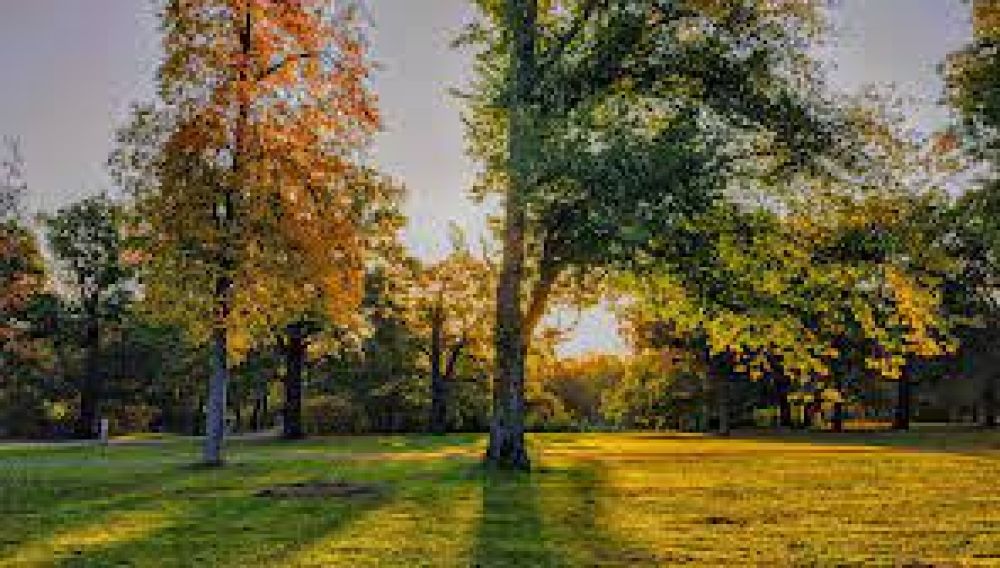

Clara Zetkin Park, located in the picturesque city of Leipzig, has become an emblem of tranquil urban greenery and communal joy amidst the historical backdrop of Germany. Named after the socialist activist Clara Zetkin in 1955, the park has evolved from its cultivated beginnings to a place symbolizing peace and relaxation.
Leipzig has a rich history peppered with culture and natural beauty, with Clara Zetkin Park being no exception. The park was established in the early 20th century and originally called "König-Albert-Park" after King Albert of Saxony. Post World War II, as Germany underwent numerous societal changes, the park was renamed in honor of Clara Zetkin, a German socialist and advocate for women's rights, illustrating the park's connection to Germany's diverse political history.
Throughout the years, the park has seen many changes, but its core has remained the same—a captivating landscape offering solace and recreational space to Leipzig's residents and visitors.
Tourism in Clara Zetkin Park has prospered due to its association with leisure and cultural events. The park is not only a green oasis but also a tapestry of monuments, waterways, and picturesque pathways. It hosts the annual "Leipzig Rosental Musiksommer," a music festival that attracts thousands. Additionally, it is the site of the "Wave-Gotik-Treffen," one of the largest gothic festivals in the world.
In recent times, local and international visitors have shown a preference for sustainable and eco-friendly tourism. Clara Zetkin Park aligns perfectly with this trend by providing a venue for outdoor activities such as jogging, picnicking, and boating in a sustainably managed environment. The park's extensive bike paths complement Leipzig's bike-friendly reputation.
With its multifaceted recreational offerings from paddle boating to outdoor theater productions, the park has become a cornerstone of Leipzig's cultural and social scene. Children can enjoy the park's numerous playgrounds while adults relax in the beer gardens or explore the Volkshain Stünz, an adjoining nature reserve.
Overall, Clara Zetkin Park continues to serve as a testament to Leipzig's commitment to maintaining spaces where history, culture, and nature harmoniously coexist, thus cementing its place as a mainstay in Leipzig's tourism scene.
Access to Clara Zetkin Park is simple, given Leipzig's efficient public transportation options. Whether you arrive by tram, bus, or bike, the park is well-connected and ready to offer a serene escape from the hustle and bustle of city life.
Final Thoughts
Whether you're a history buff, a nature lover, or a festival-goer, Clara Zetkin Park in Leipzig is a destination that transcends simple relaxation and delves into the very essence of communal and cultural integration. It is a must-visit for anyone seeking to experience the natural beauty and historical richness that Germany can offer.